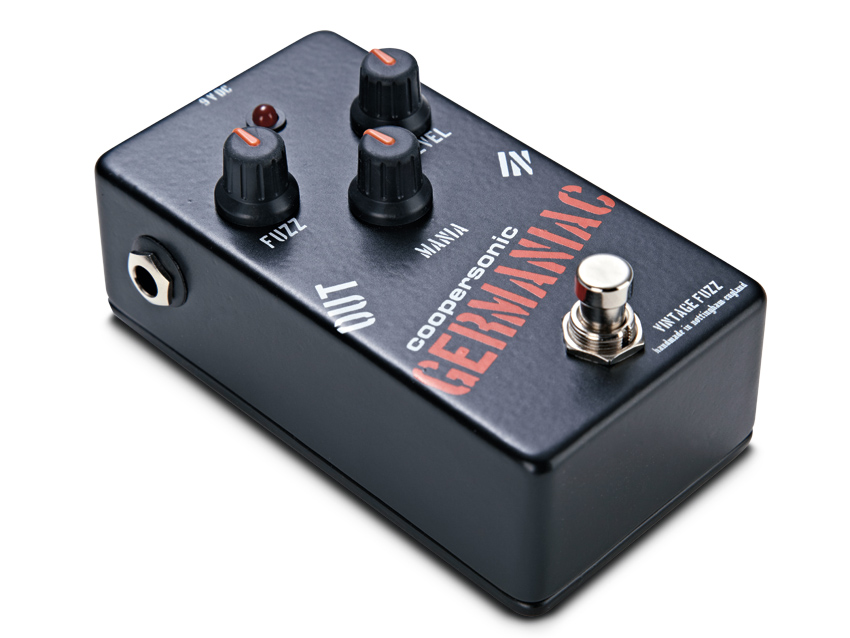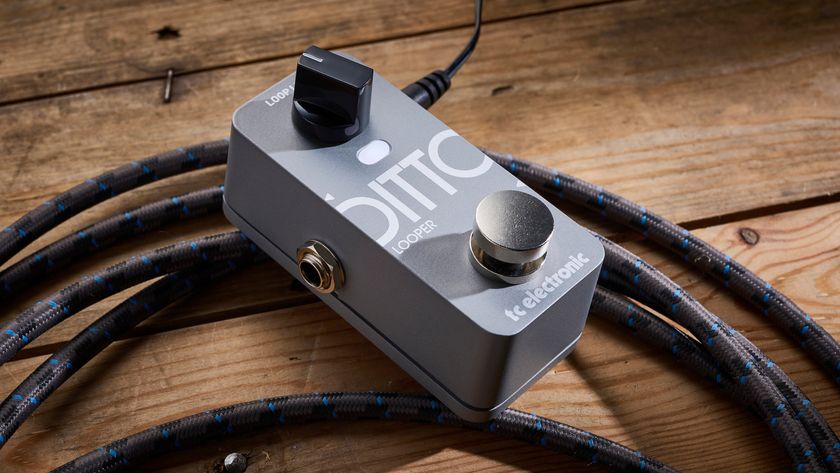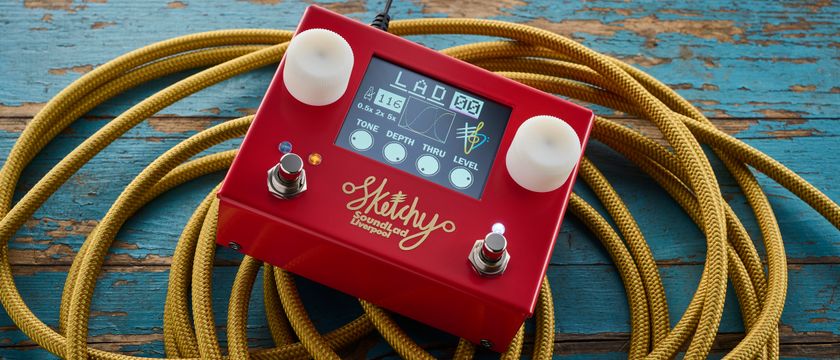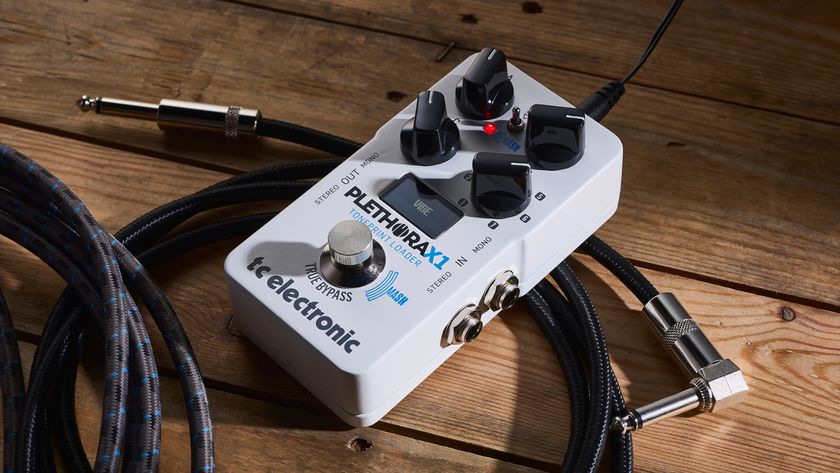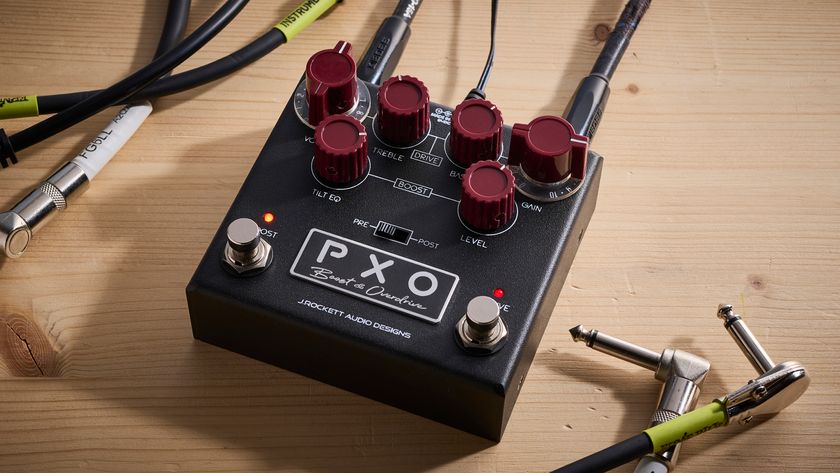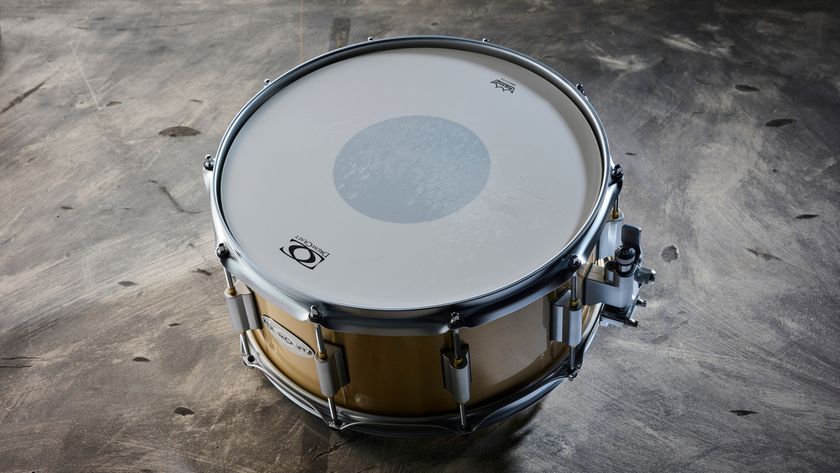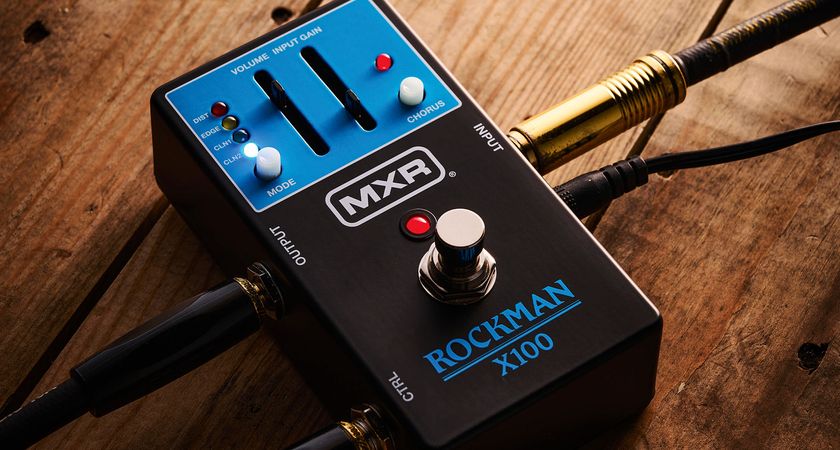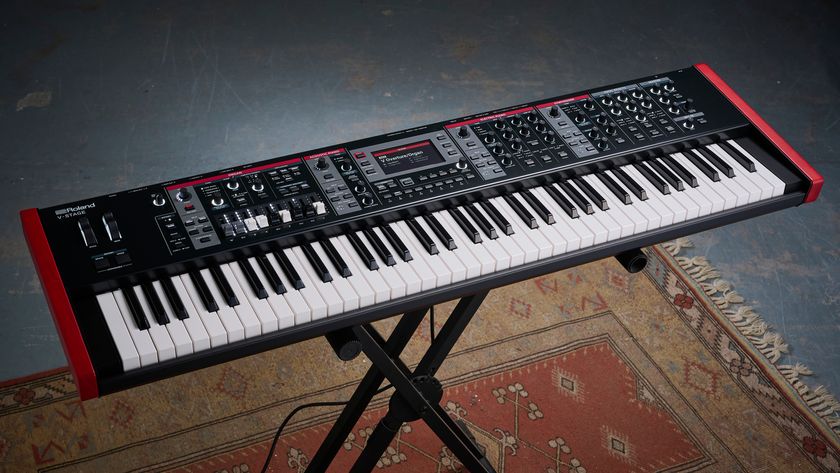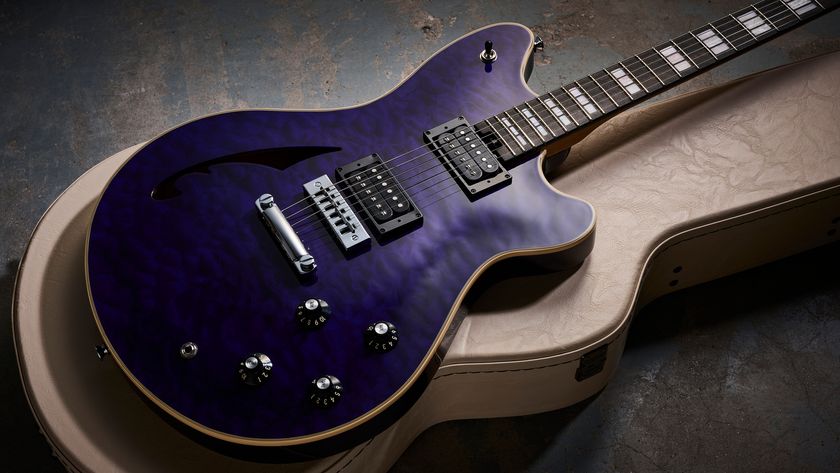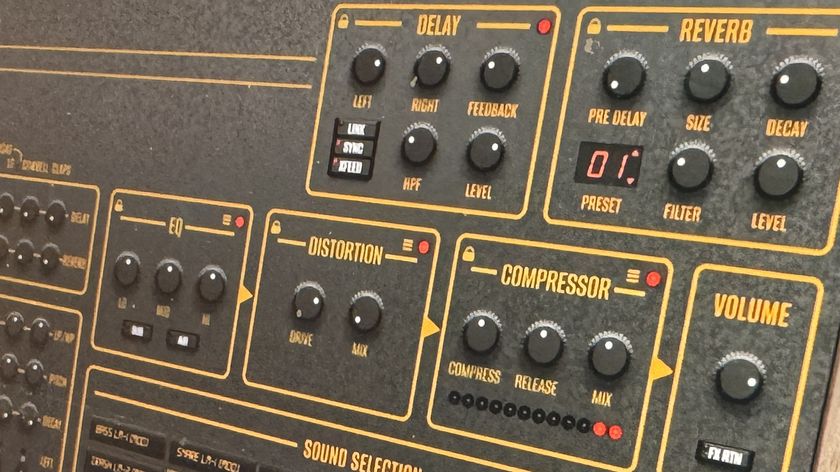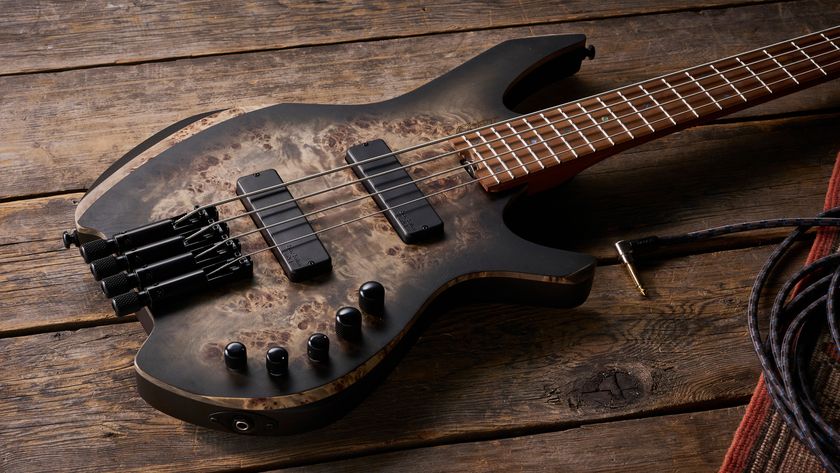MusicRadar Verdict
A fuzzbox that goes beyond the normal into sonic mania.
Pros
- +
Raucous sixties-style fuzz; extreme noise generation; solid build.
Cons
- -
Four-screw battery access.
MusicRadar's got your back
The earliest fuzz pedal circuitry was based around Germanium transistors and several boutique manufacturers still produce pedals using them.
As its name undoubtedly gives away, the Germaniac from Nottingham-based Coopersonic is one such stompbox, being based around a single germanium transistor. Featuring true bypass, it can be powered from a battery or standard 9V adaptor.
Sounds
Disregarding the mania knob for the time being, the Germaniac functions as a basic two-knob fuzzbox with the level knob setting the overall output volume and the fuzz knob piling on '60s-style snotty-nosed garage fuzz, brash and rude with a top-end that cuts through.
If you start messing with the mania knob, things start to get extreme. Not a lot happens until the knob gets towards the halfway point but advancing it creates greater degrees of instability until self-oscillation sets in and you can get a range of wild chainsaw noises and analogue synth-style drones without even touching your guitar (although you can manipulate these with your volume control).
It's not all mayhem though - juxtaposition of the mania and fuzz knobs can yield some sweet spots for
a thicker and harmonically rich fuzz tone. In short, if you like your fuzz to be on the edge or you need some wild noises on stage, the Germaniac may be for you
Trevor Curwen has played guitar for several decades – he's also mimed it on the UK's Top of the Pops. Much of his working life, though, has been spent behind the mixing desk, during which time he has built up a solid collection of the guitars, amps and pedals needed to cover just about any studio session. He writes pedal reviews for Guitarist and has contributed to Total Guitar, MusicRadar and Future Music among others.

“I parted company with my trusty Fender Strat, previously owned by Lemmy, and part exchanged it for a flute. It just looked nice and shiny!”: How Jethro Tull's Ian Anderson became rock’s leading one-legged flautist

“It was the first kind of rock monster that we'd created”: How an explosive 2001 switch-up revealed just how ferocious Muse could get

“Let them wallow in Walt Disney woke expectations”: John Lydon’s message to the reformed Sex Pistols
